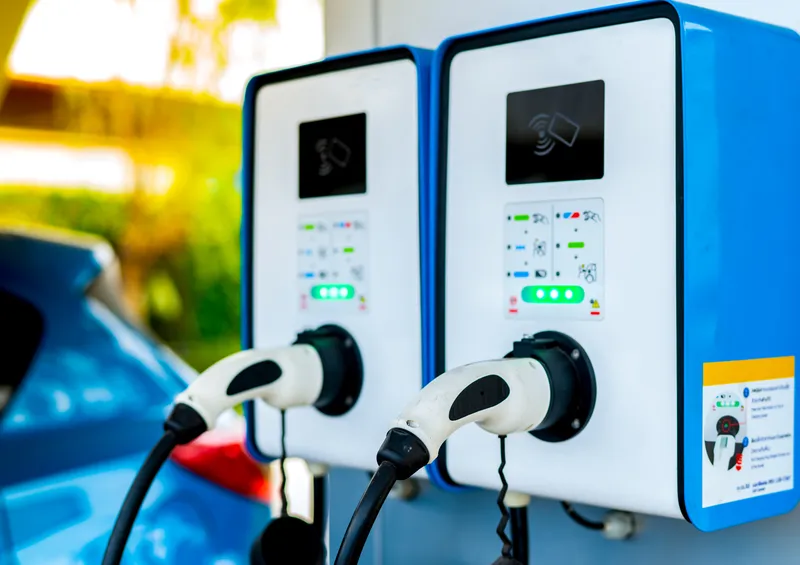The bill will increase the access and availability of charge points for EVs, which will have to be ‘smart,' meaning that they can interact with the grid to manage the demand for electricity across the country.
Drivers will be able to locate charge points using information from sat navs or mobile apps, regardless of the vehicle make or model.
In 2016, 85.9% of collisions causing injury involved human error; giving AVs the potential to reduce the amount of road traffic accidents. AV drivers will be required to be insured and victims of collisions involving an AV will have access to compensation in line with the existing insurance policies.
Hayes said: “We want the UK to be the best place in the world to do business as a leading hub for modern transport technology; that is why we are introducing the Automated and Electric Vehicles Bill in Parliament and investing more than £1.2 billion in the industry."
James Dalton, director of general insurance policy at the Association of British Insurers, said: “Insurers wholeheartedly support the development of automated vehicles, as they have the potential to significantly reduce the large number of road accidents caused by driver error. We support the approach the Government has taken in the Bill, as this will give the industry time to prepare for the commercial rollout of fully automated driving technology.”
UK government: compulsory installation of EV charge points and insurance for AV drivers
Motorway services and large petrol retailers will have to install charge points for electric vehicles (EVs), under the UK Government's Automated and Electric Vehicles Bill, presented by transport minister John Hayes. In addition, official research estimates that the market for driverless vehicles will be worth £50 billion ($66 billion) by 2035.
The bill will increase the access and availability of charge points for EVs, which will have to be ‘smart,' meaning that they can interact with the grid to manage
October 19, 2017
Read time: 2 mins
Motorway services and large petrol retailers will have to install charge points for electric vehicles (EVs), under the UK Government's Automated and Electric Vehicles Bill, presented by transport minister John Hayes. In addition, official research estimates that the market for driverless vehicles will be worth £50 billion ($66 billion) by 2035.








